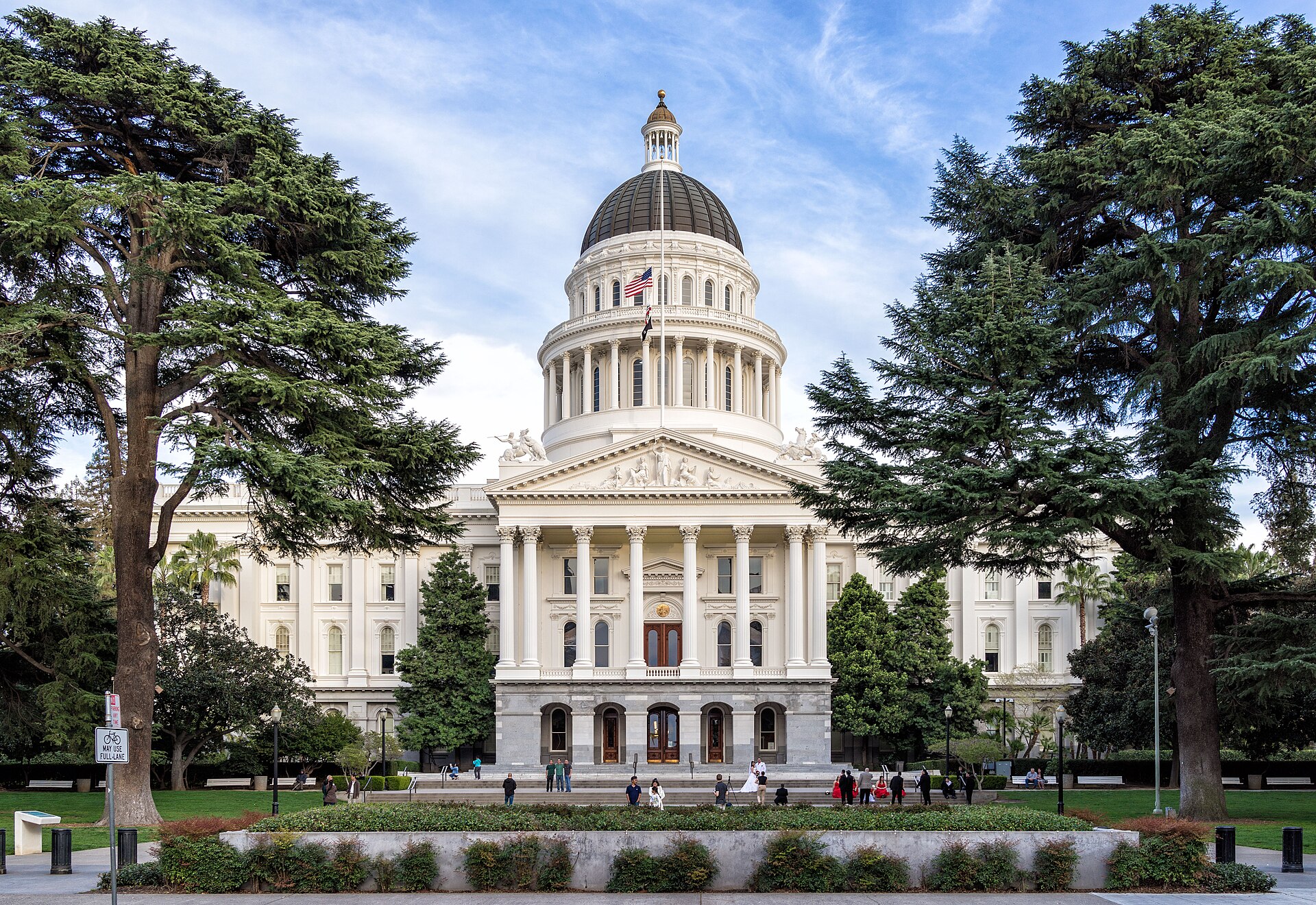Announcing the Release of the 2023-2024 California State Legislature State Legislative Effectiveness Scores (SLES)
The Center for Effective Lawmaking (CEL) is proud to announce the release of our State Legislative Effectiveness Scores (SLES) for 2023-2024 California legislative session This initiative is part of our broader effort to measure the lawmaking effectiveness of individual legislators in all 99 state legislative chambers in the United States.
These scores capture lawmaking effectiveness by tracking the number of bills legislators sponsor, how far those bills advance through the legislative process, and the substantive significance of the proposals.
California marks the latest addition to our public data release, following earlier reports on Illinois, Pennsylvania, Montana, and Georgia. We will continue to expand our data availability and analyses to all fifty states in the coming months.
Highlights from the 2023-2024 California legislative session:
- Top Performers: We identify the most effective lawmakers from each party in both the California State Assembly and Senate, including legislators who have consistently ranked highly across multiple General Assemblies.
- Exceeds Expectations: We highlight members who earned our prestigious Exceeds Expectations designation for lawmaking effectiveness, including both seasoned legislators with sustained records and first-term lawmakers who quickly distinguished themselves among their peers.
- Majority Party Advantage: Consistent with CEL research, majority-party legislators were generally more effective lawmakers, reflecting structural advantages such as agenda-setting power and committee leadership.
- California Insights (2023–2024): In terms of broader trends, our data show that the California legislature does a surprisingly good job of incorporating freshmen members into the lawmaking process. Over the past 30 years, freshmen members of the State Assembly have an average SLES of 0.92 and freshmen in the State Senate average 0.96. This means that they are nearly as active and effective in lawmaking as their more senior colleagues. In contrast, for all other states combined, freshmen averages tend to be around 0.65.
You can explore the full report and detailed findings below:
Photo by Andre m – Own work, CC BY-SA 3.0, https://commons.wikimedia.org/w/index.php?curid=31832691



